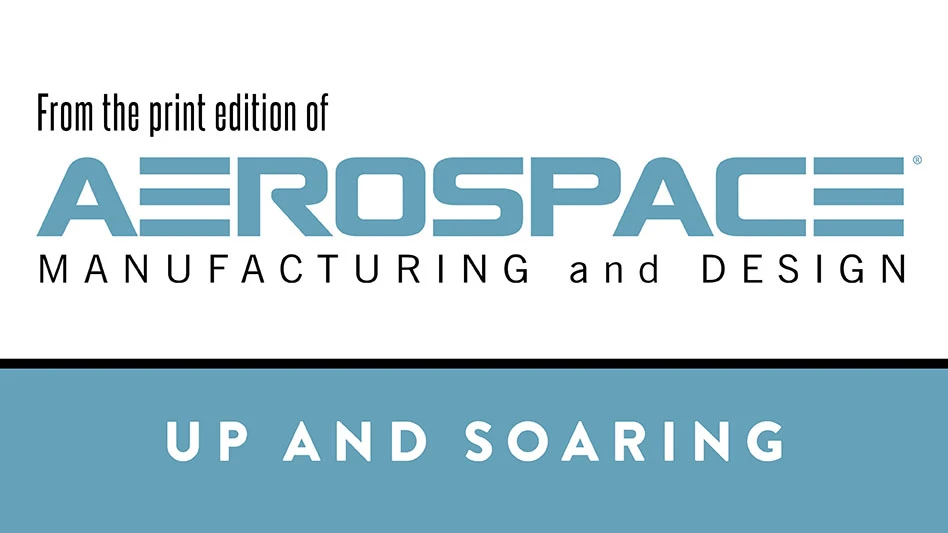
Virgin Atlantic
Virgin Atlantic’s historic Flight100 on 100% Sustainable Aviation Fuel (SAF) from London Heathrow to New York JFK Nov. 28 was the culmination of a year of collaboration to demonstrate the capability of SAF as a safe, drop-in replacement for fossil-derived jet fuel, compatible with today’s engines, airframes, and fuel infrastructure. The flight marks a world first on 100% SAF by a commercial airline across the Atlantic, flown on a Boeing 787-9, using Rolls-Royce Trent 1000 engines.
Virgin Atlantic led the consortium, including Boeing, Rolls-Royce, Imperial College London, University of Sheffield, ICF and Rocky Mountain Institute, in partnership with [the UK] Department for Transport.
SAF has a significant role to play in the decarbonization of long-haul aviation, and pathway to Net Zero 2050. The fuel, made from waste products, delivers CO2 life cycle emissions savings up to 70%, while performing like the traditional jet fuel it replaces.
While other technologies such as electric and hydrogen remain decades away, SAF can be used now. Today, SAF represents less than 0.1% of global jet fuel volumes and fuel standards allow for just a 50% SAF blend in commercial jet engines. According to the airline, Flight100 proves the challenge of scaling up production is one of policy and investment, and industry and government must move quickly to create a thriving UK SAF industry.
As well as proving the capabilities of SAF, Flight100 will assess how its use affects the flight’s non-carbon emissions with the support of consortium partners ICF, Rocky Mountain Institute (RMI), Imperial College London, and University of Sheffield. The research will improve scientific understanding of the effects of SAF on contrails and particulates and help to implement contrail forecasts in the flight planning process. Data and research will be shared with industry, and Virgin Atlantic will continue its involvement with contrail work through RMI’s Climate Impact Task Force, which is part-funded by Virgin Unite.
The SAF used on Flight100 is a unique dual blend; 88% hydroprocessed esters and fatty acids (HEFA) supplied by AirBP and 12% synthetic aromatic kerosene (SAK) supplied by Virent, a subsidiary of Marathon Petroleum Corp. The HEFA is made from waste fats while the SAK is made from plant sugars, with the remainder of plant proteins, oil, and fibers continuing into the food chain. SAK is needed in 100% SAF blends to give the fuel the required aromatics for engine function.
BioForming Sugar to Aromatics (S2A) technology developed by Virent and Johnson Matthey enabled the drop-in replacement for conventional jet fuel but made solely from sustainable feedstocks. BioForming converts sustainable plant sugars into bio-aromatic products, including BioForm Synthesized Aromatic Kerosene (SAK), which supplies the necessary aromatics for jet fuel and can be blended with a range of SAF. Aromatics are an essential part of jet fuel as they interact with polymer seals, making them swell to help prevent fuel leakage, increase lubricity, and ensure proper fuel system performance.
Virent is currently working with Johnson Matthey to further develop BioForming technology and license it for future commercialization.
Read more about the challenges to adopt 100% SAF
Shai Weiss, CEO, Virgin Atlantic said: “Flight100 proves that Sustainable Aviation Fuel can be used as a safe, drop-in replacement for fossil-derived jet fuel and it’s the only viable solution for decarbonizing long-haul aviation.”
Sir Richard Branson, Founder, Virgin Atlantic said: “The world will always assume something can’t be done, until you do it. The spirit of innovation is getting out there and trying to prove that we can do things better for everyone’s benefit.”
Sheila Remes, vice president of Environmental Sustainability, Boeing said: “This flight is a key step toward our commitment to deliver 100% SAF-compatible airplanes by 2030. As we work toward the civil aviation industry’s net-zero goal, today’s historic journey highlights what we can achieve together.”
Simon Burr, group director of Engineering, Technology & Safety, Rolls-Royce plc, said: “We are incredibly proud that our Trent 1000 engines are powering the first-ever widebody flight using 100% Sustainable Aviation Fuel across the Atlantic. Rolls-Royce has recently completed compatibility testing of 100% SAF on all our in-production civil aero engine types and this is further proof that there are no engine technology barriers to the use of 100% SAF.”
Virgin Atlantic has been pioneering sustainability leadership for more than 15 years, committing to Net Zero by 2050 and continuous action that reduces environmental impact. The airline operates one of the youngest and most fuel-efficient fleets in the skies and has reduced its absolute carbon emissions by 35% over the last decade.
Latest from Aerospace Manufacturing and Design
- America Makes announces QTIME project call
- Innovation meets precision for 40% faster machining
- Upcoming webinar: Pro tips from a supply chain strategist
- Heart Aerospace relocates to Los Angeles
- Fixtureworks introduces Stablelock Clamps
- Piasecki acquires Kaman's KARGO UAV program
- PI Americas’ long-travel XY piezo nanopositioners-scanners
- AAMI project call submission deadline extended to May 12





